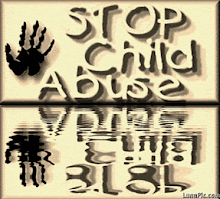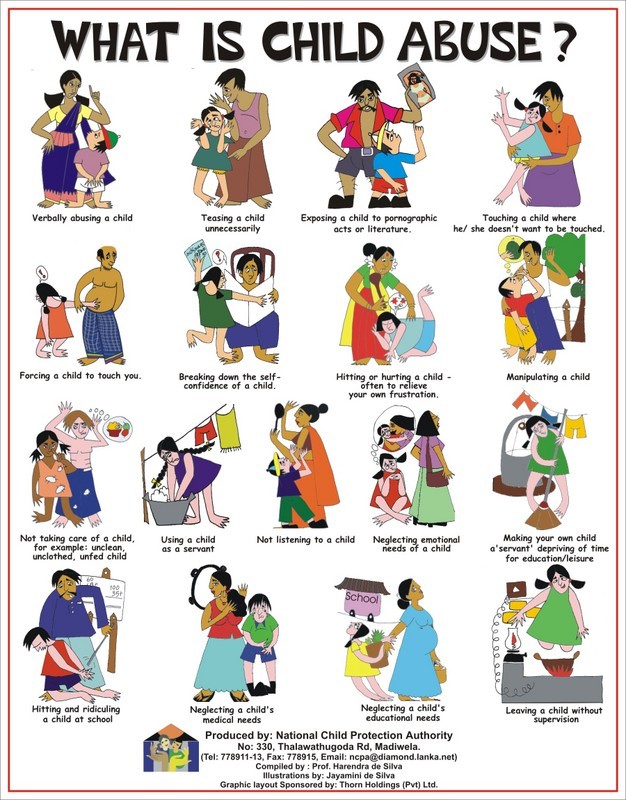
If you are in a violent relationship, one of the most important steps you can take is to make a safety plan both for home and the workplace. These plans contain simple but critical steps you can take to increase your safety while you deal with the violence you face in your personal life.
Memorize a Crisis Intervention number, in Minnesota the number is 1-866-223-1111
If you are in danger, dial 911
You may also call the National Domestic Violence Hotline at 1-800-799-SAFE (7233) for information about services in your area.
Be aware of local domestic violence programs and other resources. Check in with them if you are confused or unsure about what is happening in your relationship.
Be aware of your partner’s abusive cues including their demeanor, expressions, threats, actions, etc.
Be aware of your own cues in reaction to your partner’s cues, these can help you know when to seek a safe place to stay
Talk with advocates and supportive friends and family about the abuse before it continues to escalate and occur again.
you do not have to keep this a secret.
ask about your options and what you can do
In case you have to flee, have the following available:
important papers such as birth certificate, social security cards, insurance information, school and health records, welfare and immigration documents, and divorce or other court documents
credit cards, back account number and ATM cards
some money
extra set of keys
medication and prescriptions
phone numbers and addresses for family, friends, doctor, lawyers and community agencies
clothing and comfort items for you and your children
If you had the perpetrator evicted or are living alone, you may want to:
change locks on doors and windows
install a better security system
teach children to call the police or family and friends if they are taken
talk to school and childcare providers about who has permission to pick up the children
find a lawyer who knows about family violence to talk about custody, visitation and divorce provisions that protect you and your children
obtain a restraining order
If you are leaving your abuser, ask yourself the following questions:
how and when can you most safely leave? where will you go?
are you comfortable calling the police if you need them?
who can you trust to tell you are leaving?
how will you travel safely to and from work or school to pick up your children?
what community and legal resources will help you feel safer?
do you know the number of a local shelter?
what custody and visitation provisions will keep you and your children safe?
is a restraining order a viable option?
If you are staying with your abuser, think about:
what works best to keep you safe in an emergency
who can you call in a crisis
whether you would call the police if the violence starts again? can you work out a signal with the children or the neighbors to call the police when you really need help?
if you need to flee for a short time, where will you go? think through many places where you can go in a crisis.
if you need to flee your home, know the escape routes in advance.
WORKPLACE SAFETY PLANNING
At work, you may want to:
save threatening emails or voicemail messages. you can use them to take legal action in the future, if you choose. if you already have a restraining order, the messages can serve as evidence in court that the order was violated.
park close to the entrance of the building. talk to security, the police, or a manager if you fear an assault at work.
have your calls screened, transfer harassing calls to security, or remove your name and number from automated phone directories.
relocate your workspace to a more secure area.
obtain a restraining order and make sure it is current and on hand at all times. include your workplace in the order. a copy should be provided to; the police, the your supervisor, human resources, the reception area, the legal department, and security.
provide a picture of the perpetrator to reception areas and/or security.
identify an emergency contact person should your employer be unable to contact you.
ask security to escort you to and from your car or public transportation.
look into alternate hours or work locations.
review the safety of your childcare arrangements, whether it is on-site childcare at the company or off-site. if you have a restraining order, it can usually be extended to the childcare center.
portions adapted from the newsletter of Women's Advocates, Inc.
©2004 Domestic Abuse Project 1-612-874-7063






















